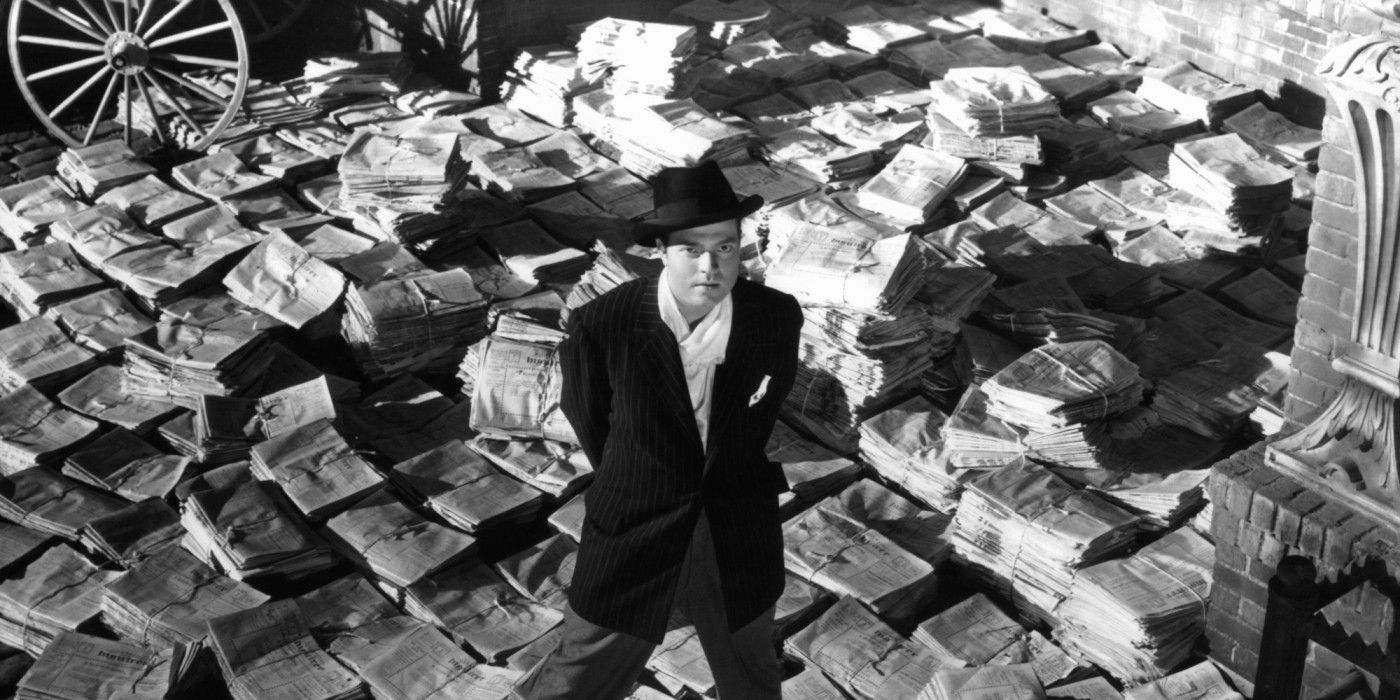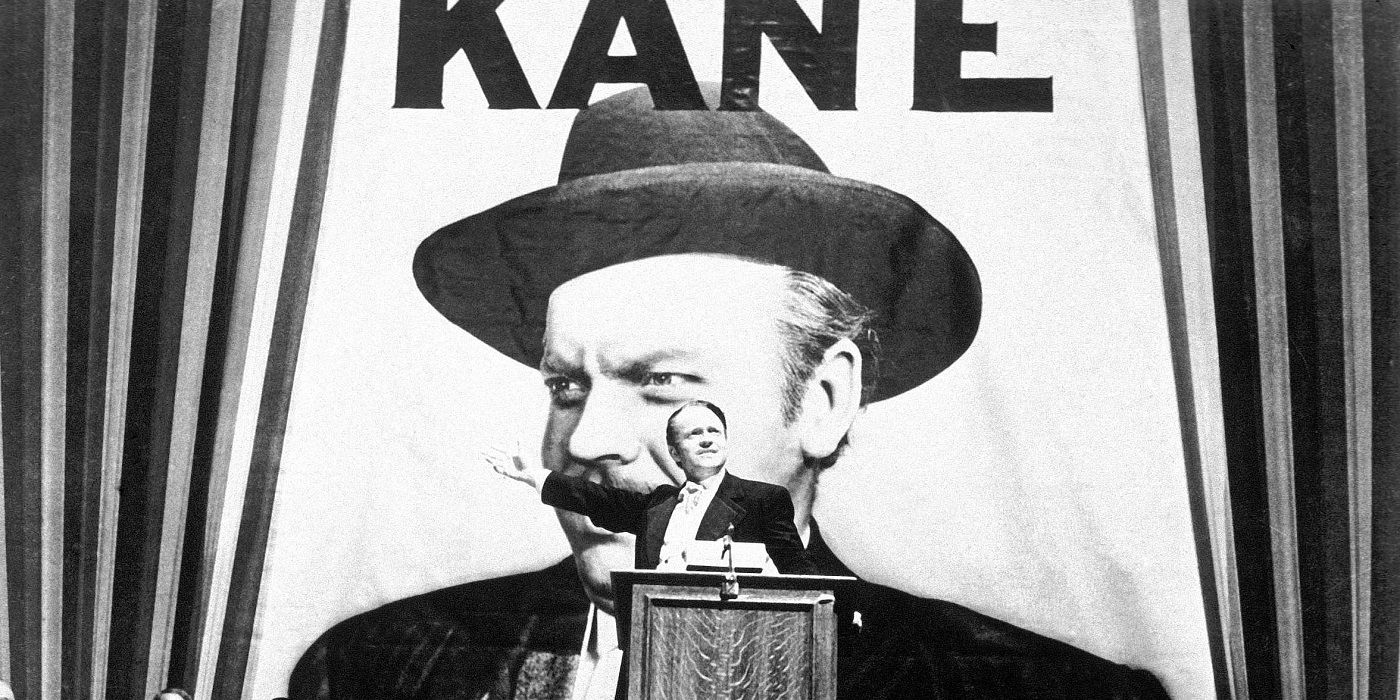The Battle Over Citizen Kane is a documentary that reveals Citizen Kane - which many consider to be the greatest film of all time - was once in danger of being destroyed before release. Alongside The Shawshank Redemption or The Godfather, Orson Welles' Citizen Kane is frequently listed as one of cinema's true classics. The movie opens with the death of the title character who built a newspaper empire from the ground up, but his quest for power and wealth leads to him dying as a friendless recluse.
Kane's dying word is "Rosebud," and a journalist is assigned to find what it means. The ending of Citizen Kane reveals this was the name of Kane's sled as a child, which symbolized a time in his life when he was truly loved. In addition to the critical kudos rightfully showered upon Citizen Kane, it's been parodied a few times too, including The Simpsons' season 5 episode "Rosebud."
Citizen Kane is considered such a masterpiece even its admirers may not realize it was a financial disappointment upon release. Following his performance in an infamous radio adaptation of The War Of The Worlds - which some listeners thought was a real broadcast about a destructive alien invasion - a young Orson Welles was courted by Hollywood. He eventually signed a two-picture deal with RKO Radio Pictures, the makers of 1933's King Kong. This deal offered him creative freedom and final cut, which he used to craft Citizen Kane. The issue was the character of Kane was largely on real-life media tycoon William Randolph Hurst, who was - to put it mildly - not happy with how the film portrayed him, which is explored in 1996 doc The Battle Over Citizen Kane.
This documentary explores the lives of both Welles and Hurst before and after the film, and how the latter flexed his considerable muscle with rival studios to try and purchase the Citizen Kane negative for $1 million. If this had gone through, Hearst would almost certainly have destroyed it, but when this approach failed, he issued a ban on any of his publications or outlets even mentioning the film. He also pressured some movie theaters not to show it. In spite of the positive reviews hailing it as a masterwork, Hearst's efforts succeeded in making sure Citizen Kane was a box-office letdown.
Even years after Citizen Kane's release, Hearst newspapers would never pass up a chance to smear Orson Welles. The Battle Over Citizen Kane reveals the magnate was actually deeply in debt during this era too. The documentary explores this fascinating struggle over the film and how it impacted everyone involved, though it was criticized for its somewhat superficial attempts to draw comparisons between Welles and Hearst. Those issues aside, it's a must-see doc for cinemas fans.


